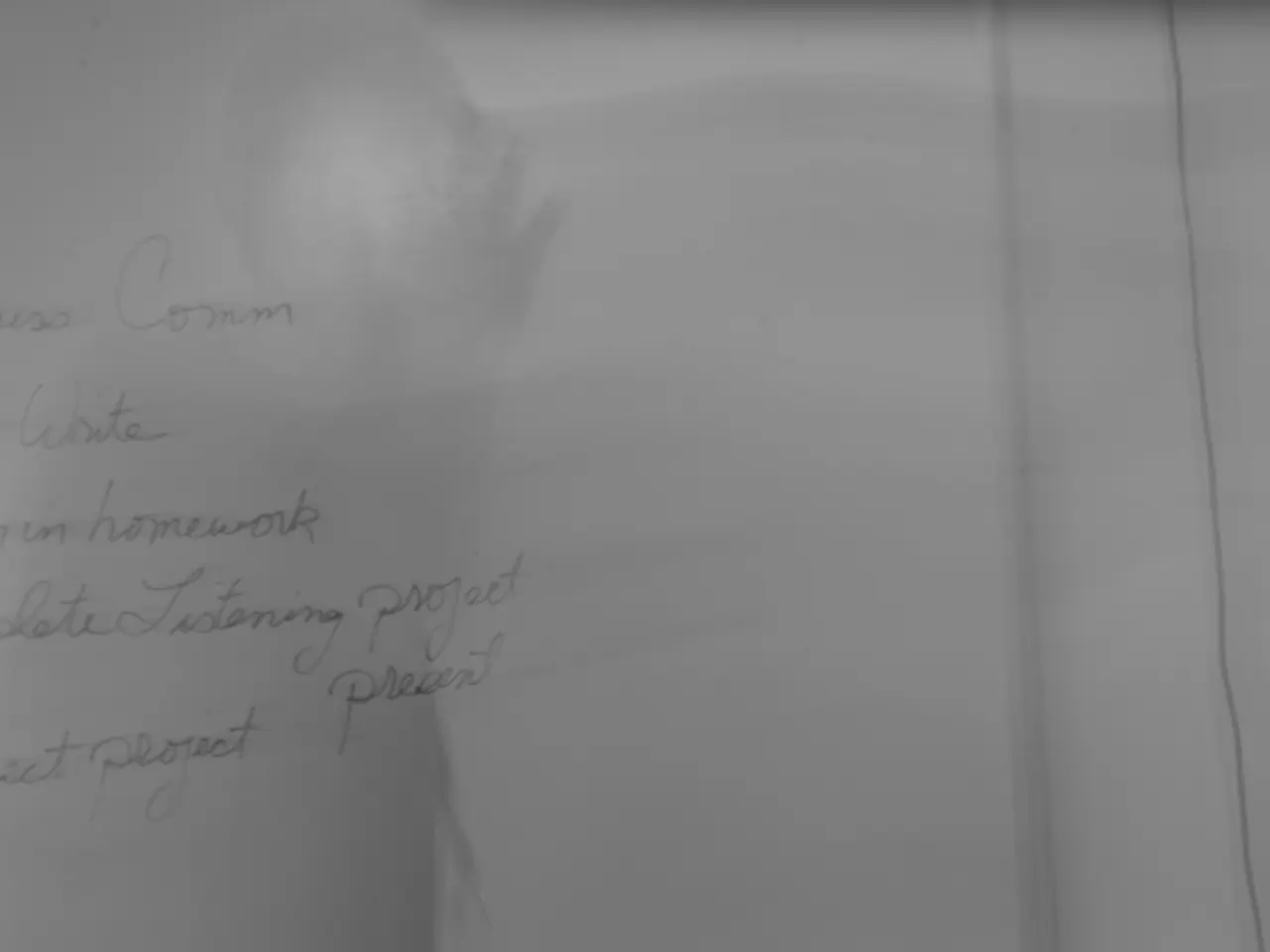Tangled web of Preventable Conflicts
====================================================================
A local credit union has left a buyer feeling cold and uncertain about recommending the institution to friends, following a less-than-ideal loan experience. Despite being a supporter of credit unions and preferring to give them his business, the buyer found the process for financing a travel trailer to be time-consuming and fraught with unnecessary paperwork and phone calls.
The loan process for the lightweight, 16-foot travel trailer named Tony Roamo included four phone calls and the completion of direct-debit authorization forms for a checking account at a different credit union. The buyer was required to visit a branch for paperwork that was later deemed unnecessary, adding to the frustration.
Despite working for a firm that advises financial institutions on avoiding such issues, the buyer encountered testy and sarcastic behavior during the loan process. Unused paperwork and excessive steps were part of the loan process, wasting the buyer's time and the time of credit union employees.
One bright spot in the experience was the offer from the credit union to open a checking account and set up direct debit from there. However, the buyer expressed a preference to draw from an existing checking account, rather than opening a new account for the sole purpose of making loan payments.
The loan approval was followed by a contract signing at a dealership, and the buyer was pleased to find that the most attractive offer for financing came from a credit union where he lives. Despite this, the buyer is certain to look elsewhere for loans in the future, citing the friction-filled process as a key reason for his decision.
The loan process for an RV purchase is more like a car loan than a home mortgage, and credit unions may face challenges in their payment systems when it comes to electronic payments. Certain credit unions require manual check payments despite direct debit authorization because their payment systems or bill pay platforms sometimes default to issuing physical checks. This can occur for a variety of reasons, including payment processing method, risk mitigation for insufficient funds, and operational preferences.
To reduce friction in the loan process and improve the experience for both members and the institution, credit unions can take steps such as upgrading or configuring payment systems to prioritize ACH debits, working with loan servicers and payees to accept electronic payments, educating members and staff about direct debit authorizations, implementing flexible electronic payment platforms, and enhancing communication for returned or failed payments.
By enabling or enforcing electronic ACH debits instead of manual checks, credit unions can reduce payment processing times, avoid postal or handling delays, and simplify reconciliation—thus smoothing the loan servicing experience for all involved. It's a win-win situation that benefits both the credit union and its members.
The buyer's experience with the credit union's loan process for a travel trailer, marked by unnecessary paperwork, time-consuming steps, and uncooperative behavior, raises concerns about the institution's approach to personal-finance matters. To foster a more streamlined and positive experience for all parties in the banking-and-insurance industry, implementing direct debt authorization systems, electronic payment platforms, and clear communication about payment methods could significantly improve the loan process.




